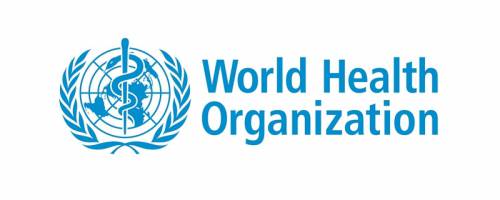
The World Health Organisation, WHO, has approved new guidelines for the treatment of gonorrhoea, with the use of a new class of antibiotics in the face of increasing resistance.
The WHO is urging countries to update their national gonorrhoea treatment guidelines in response against the backdrop of growing antibiotic resistance, and fear of development of a strain of so-called “super gonorrhoea,” which is proving highly resilient to effective treatment. Antibiotics including the quinolones, once used to treat the infection with excellent results, are becoming ineffective as a result of resistance.
The new WHO guidelines recommends a switch to cephalosporins, a different family of antibiotics that have proved effective against gonorrhoea. The change is recommended because it gives notice about the need to address resistance, and prevents low-income nations from stocking quinolones and potentially lead to a wider spread of serious “super” infections. Many high-income nations have already made similar changes to their treatment programmes, but the new WHO recommendations bring auniformity to global guidelines.
The latest WHO update demonstrates the growing challenges in addressing resistance, as well as the fear that a failure to treat easily preventable infections like STIs will drive that resistance further. Gonorrhoea is the world’s most commonly reported Sexually Transmitted Infection, STI. In recent times, several cases of the disorder have defied treatment following emergence of multi-drug resistance in Neisseria gonorrhoeae. Commonly known as Veneral Disease, VD, “gentleman’s disease”, the “clap”, or the “drip”, gonorrhoea is a contagious disease transmitted most often through sexual contact with an infected person.The infection is easily spread and occurs most often in people who have many sex partners. Studies show that gonorrhoea actually has a long history of evading treatment.
Source: Vanguard